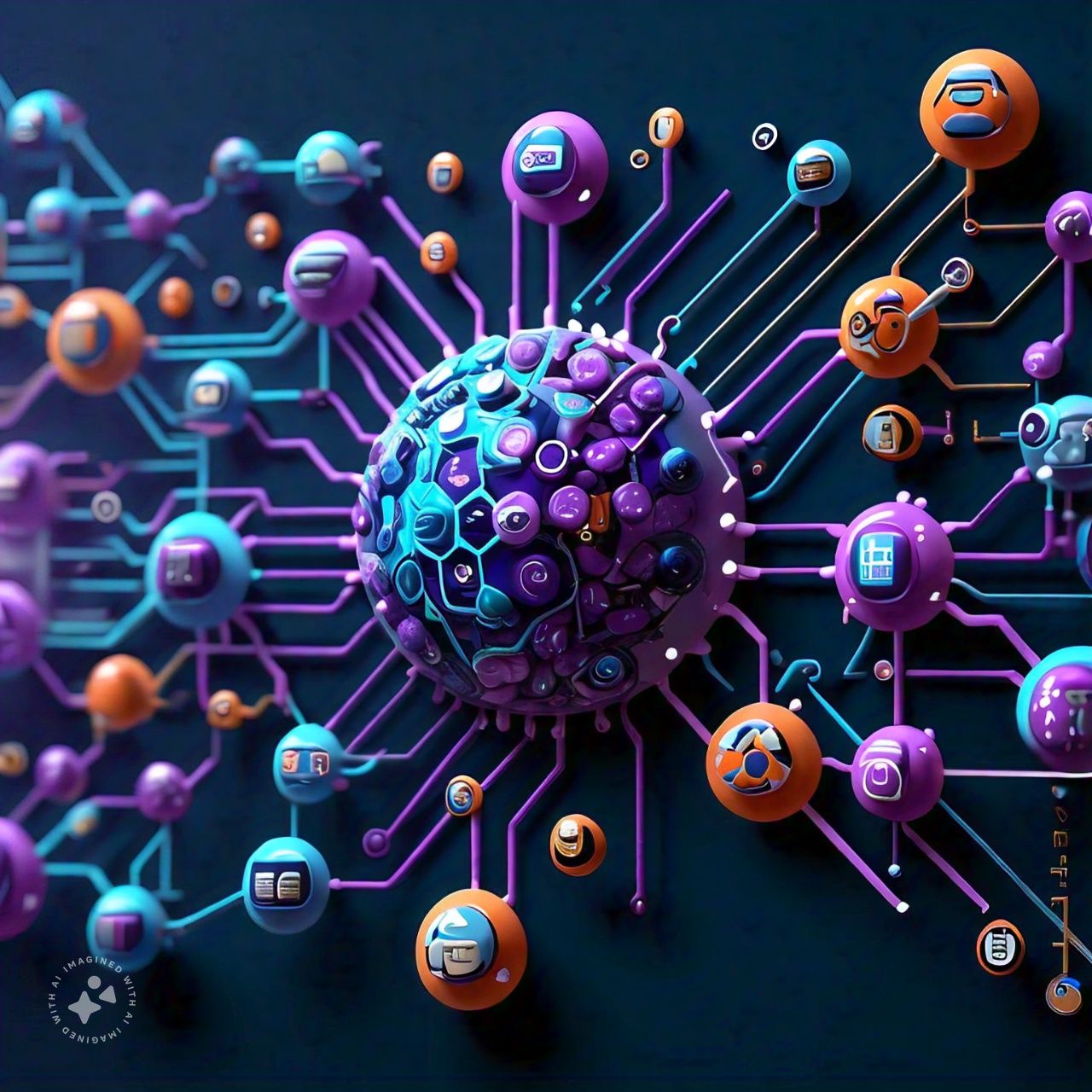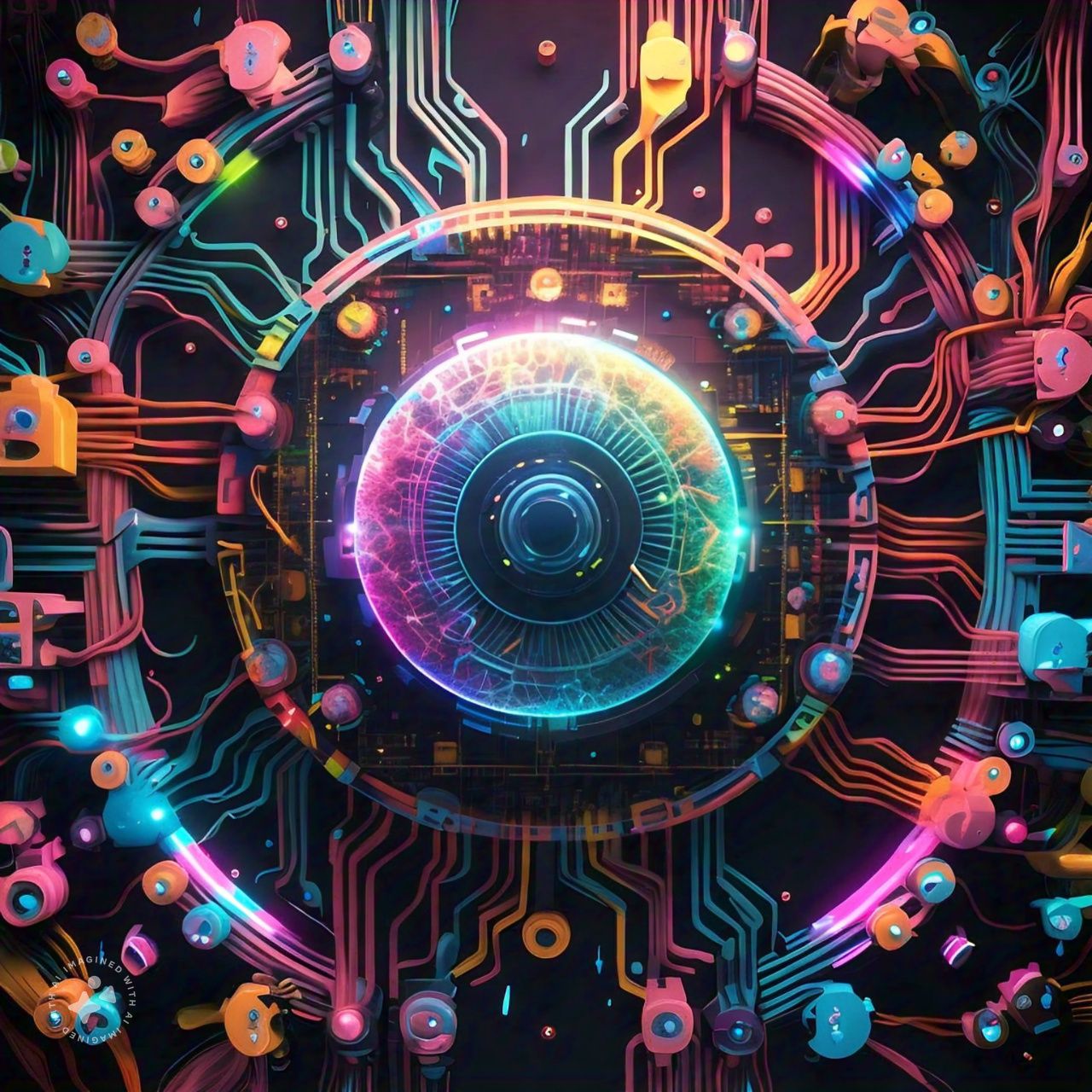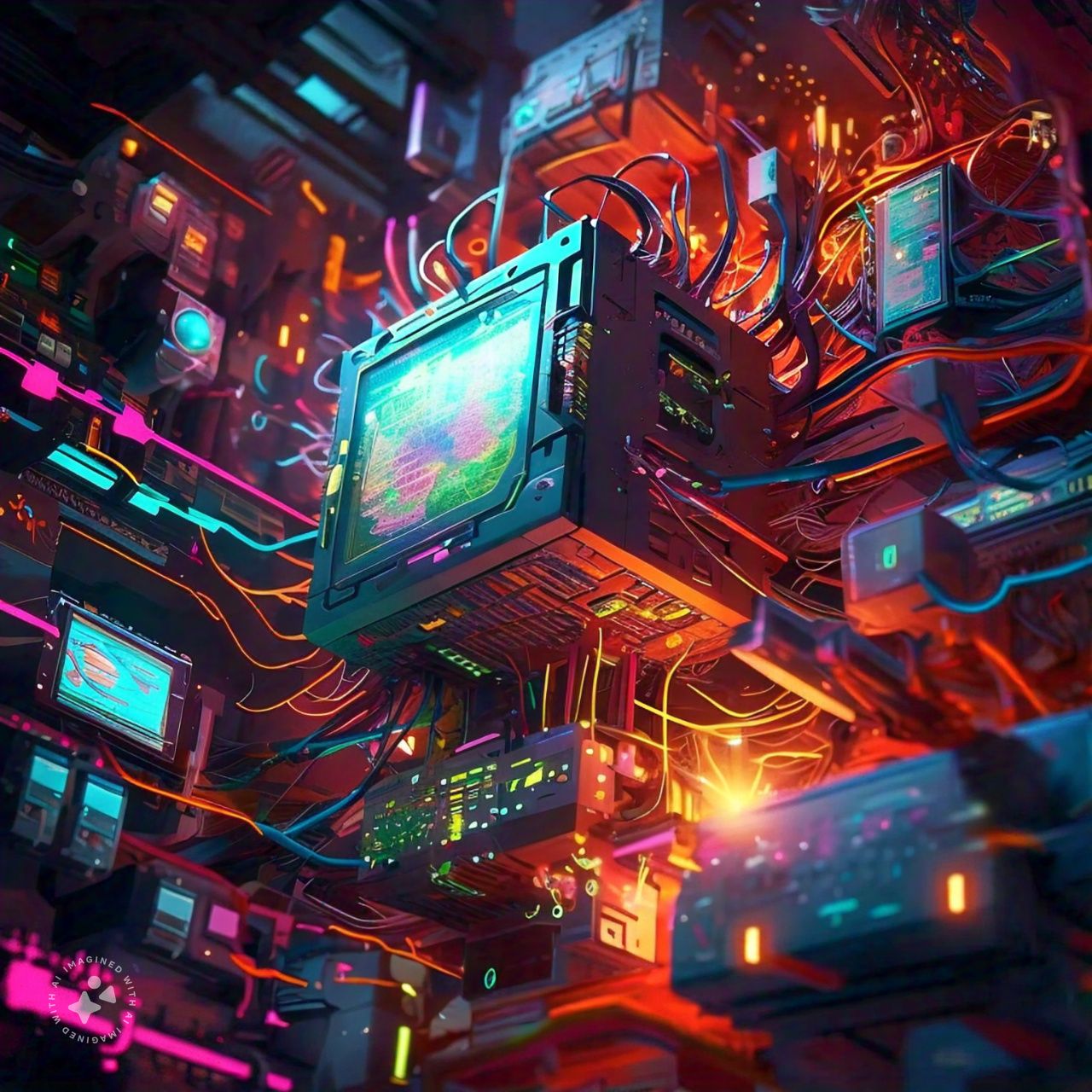In the modern era, the internet has become an indispensable part of daily life, serving as both a tool for information and a source of entertainment. Its vast, ever-expanding network has transformed how we learn, communicate, and amuse ourselves. The internet zone, an intangible yet omnipresent space, offers limitless opportunities for those who seek knowledge and enjoyment. This article delves into how the internet serves as a gateway to both knowledge and entertainment, highlighting its significance in contemporary society.
The Internet as a Repository of Knowledge
The internet has revolutionized access to information. In the past, acquiring knowledge often required physical access to libraries, books, and other resources. Today, the internet places a virtually infinite repository of knowledge at our fingertips. From scholarly articles and research papers to online courses and educational videos, the internet is a treasure trove of information for curious minds.
Online Learning and Education
One of the most significant contributions of the internet to knowledge dissemination is the rise of online learning platforms. Websites like Coursera, Khan Academy, and edX offer courses from prestigious universities and institutions worldwide. These platforms provide opportunities for people of all ages to learn new skills, earn certifications, and even complete degree programs from the comfort of their homes.
Massive Open Online Courses (MOOCs) have democratized education, making high-quality learning accessible to anyone with an internet connection. This shift has been especially beneficial for individuals in remote areas or those unable to afford traditional education. Moreover, online education often allows for flexible learning schedules, enabling learners to balance their studies with work or personal commitments.
Access to Research and Scholarly Work
The internet has also made it easier for researchers and academics to share their work with a global audience. Online databases like PubMed, Google Scholar, and JSTOR provide access to a vast array of academic papers, journals, and books. This accessibility accelerates the pace of scientific discovery and fosters collaboration among researchers across different fields and geographical locations.
Open-access journals have further enhanced the dissemination of knowledge by making research freely available to the public. This model promotes transparency and ensures that valuable information is not locked behind paywalls, benefiting both the academic community and the general public.
Informational Websites and Resources
Beyond formal education and research, the internet hosts countless websites dedicated to providing information on virtually any topic imaginable. Wikipedia, the world’s largest online encyclopedia, offers articles on a wide range of subjects, written and edited by volunteers from around the globe. While it may not always be the most reliable source, it often serves as a starting point for further research.
Additionally, specialized websites and forums allow experts and enthusiasts to share their knowledge on niche topics. Whether you’re interested in gardening, astrophysics, or vintage car restoration, you can find communities and resources online that cater to your interests.
The Internet as a Source of Entertainment
While the internet’s role in knowledge dissemination is undeniably important, its impact on entertainment is equally profound. The internet has transformed how we consume media, interact with others, and spend our leisure time. It offers a plethora of options for entertainment, catering to diverse tastes and preferences.
Streaming Services and On-Demand Content
The rise of streaming services has revolutionized the entertainment industry. Platforms like Netflix, Hulu, and Amazon Prime Video provide access to a vast library of movies, TV shows, documentaries, and more. This shift from traditional broadcasting to on-demand content allows viewers to watch what they want, when they want, and on any device.
Music streaming services like Spotify, Apple Music, and YouTube Music have similarly changed how we listen to music. With millions of songs available at our fingertips, we can discover new artists, create personalized playlists, and enjoy our favorite tunes wherever we go.
Gaming and Interactive Entertainment
The internet has also had a profound impact on the gaming industry. Online gaming has become a global phenomenon, with millions of players connecting to compete, cooperate, and socialize in virtual worlds. Games like Fortnite, World of Warcraft, and League of Legends have massive followings and have even given rise to professional esports, where players compete in tournaments for substantial prizes.
Beyond traditional video games, the internet offers a wide range of interactive entertainment options. Virtual reality (VR) and augmented reality (AR) experiences are becoming more accessible, providing immersive and engaging ways to interact with digital content. Social media platforms and websites also host a plethora of browser-based games and interactive activities that cater to casual gamers.
Social Media and Content Creation
Social media platforms like Facebook, Instagram, Twitter, and TikTok have become integral to modern entertainment. These platforms allow users to share their lives, express their creativity, and connect with others. Content creation has become a popular form of entertainment, with influencers and creators amassing large followings and generating engaging content ranging from short videos and memes to in-depth tutorials and live streams.
YouTube, in particular, has revolutionized content creation and consumption. It provides a platform for anyone with a camera and an internet connection to share their videos with the world. This democratization of content has led to the emergence of a new generation of entertainers, educators, and influencers who captivate audiences with their unique perspectives and talents.
The Dual Role of the Internet in Enhancing Lives
The internet’s dual role as a gateway to knowledge and entertainment has had a profound impact on society. It has broken down geographical barriers, allowing people from different parts of the world to connect, learn, and share experiences. It has also created new opportunities for individuals to pursue their passions, develop new skills, and engage with others in meaningful ways.
However, it is essential to navigate the internet mindfully. While it offers a wealth of information and entertainment, it also presents challenges such as misinformation, privacy concerns, and the potential for addiction. Developing digital literacy skills and practicing critical thinking are crucial for making the most of what the internet has to offer while avoiding its pitfalls.
Conclusion
The internet zone is a dynamic and ever-evolving space that continues to shape how we access knowledge and enjoy entertainment. Its ability to provide instant access to information and a wide range of entertainment options makes it an invaluable resource in the modern world. As we continue to navigate this digital landscape, it is essential to leverage the internet’s potential to enhance our lives, foster connections, and cultivate a lifelong love of learning and exploration.



